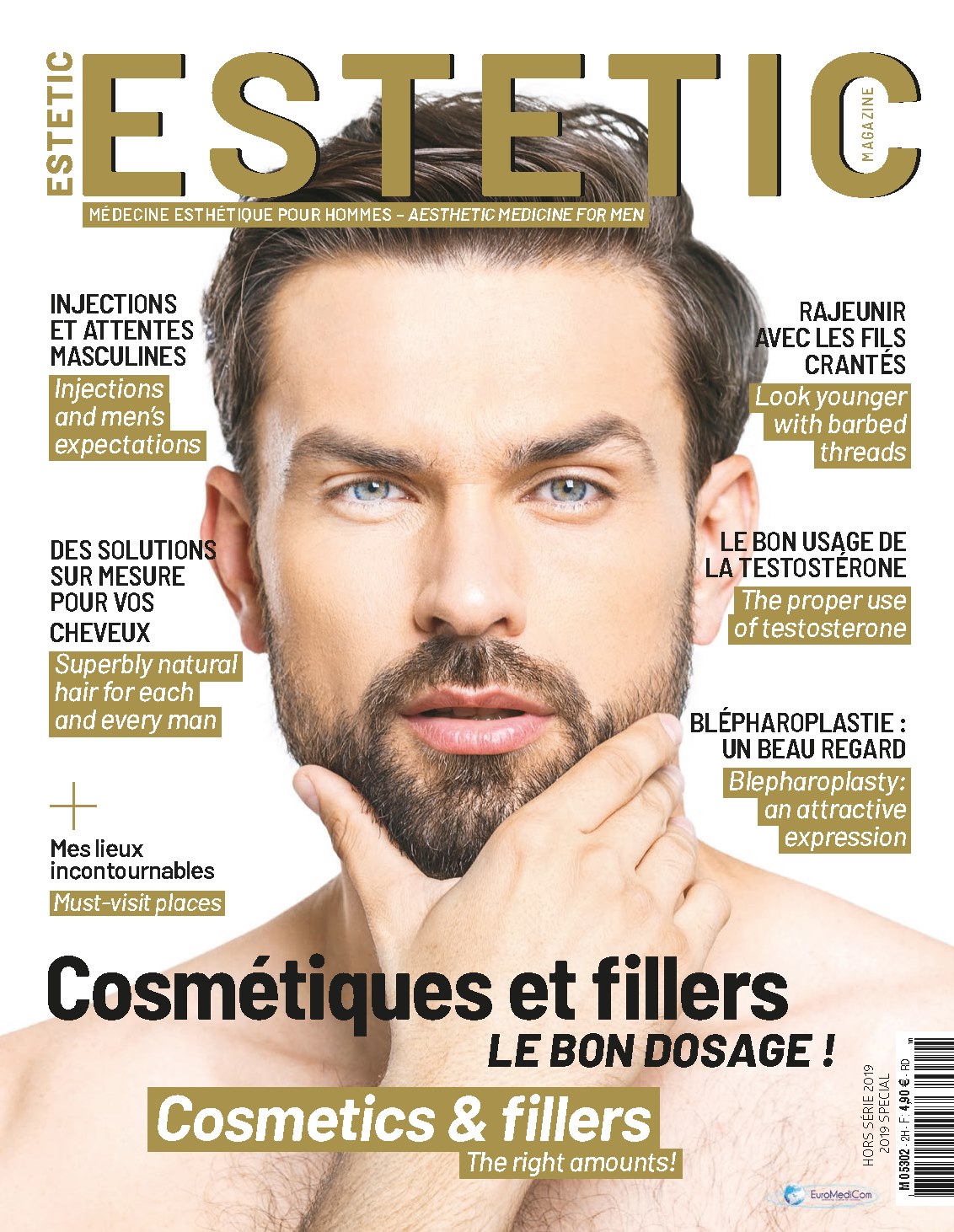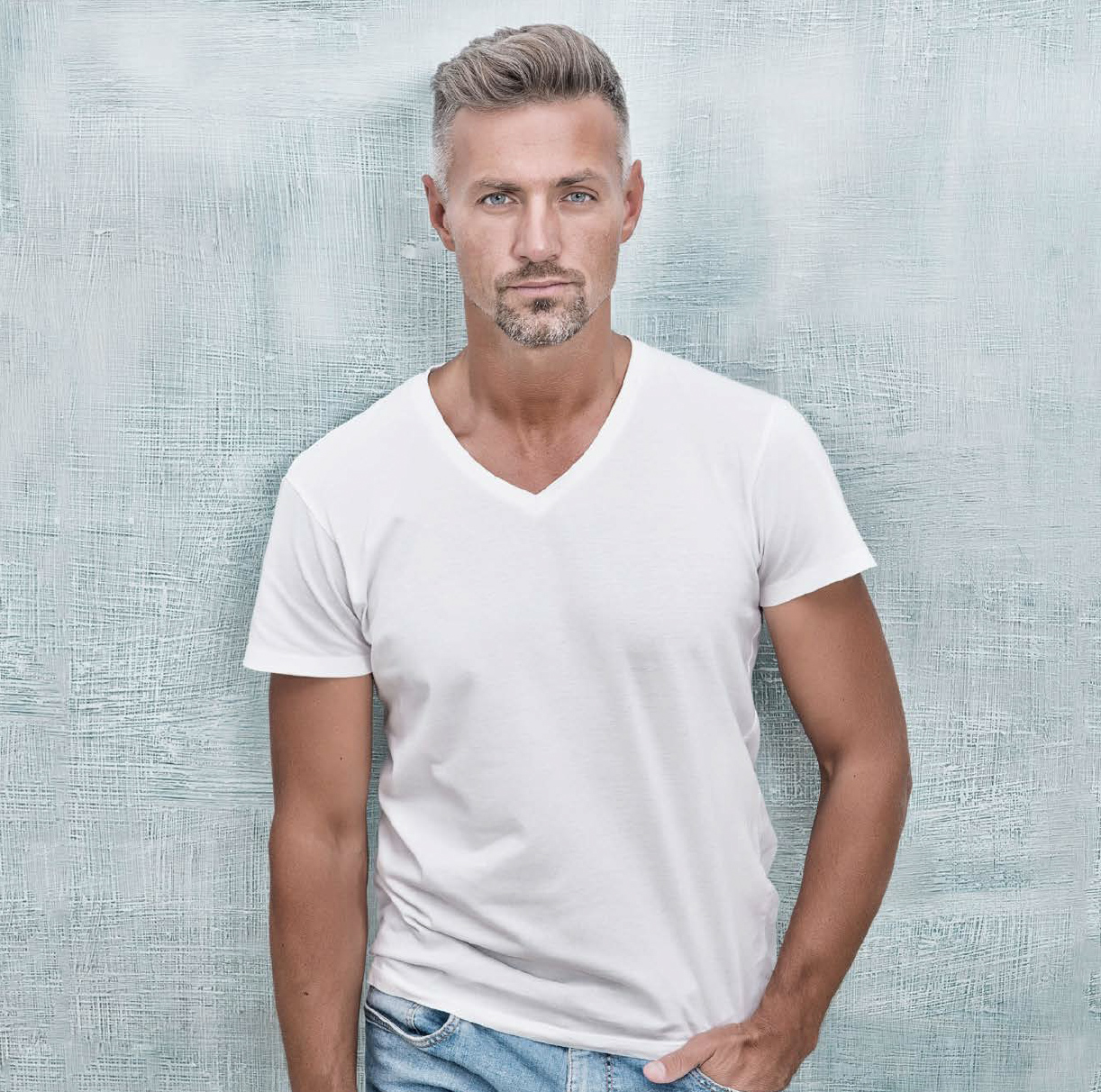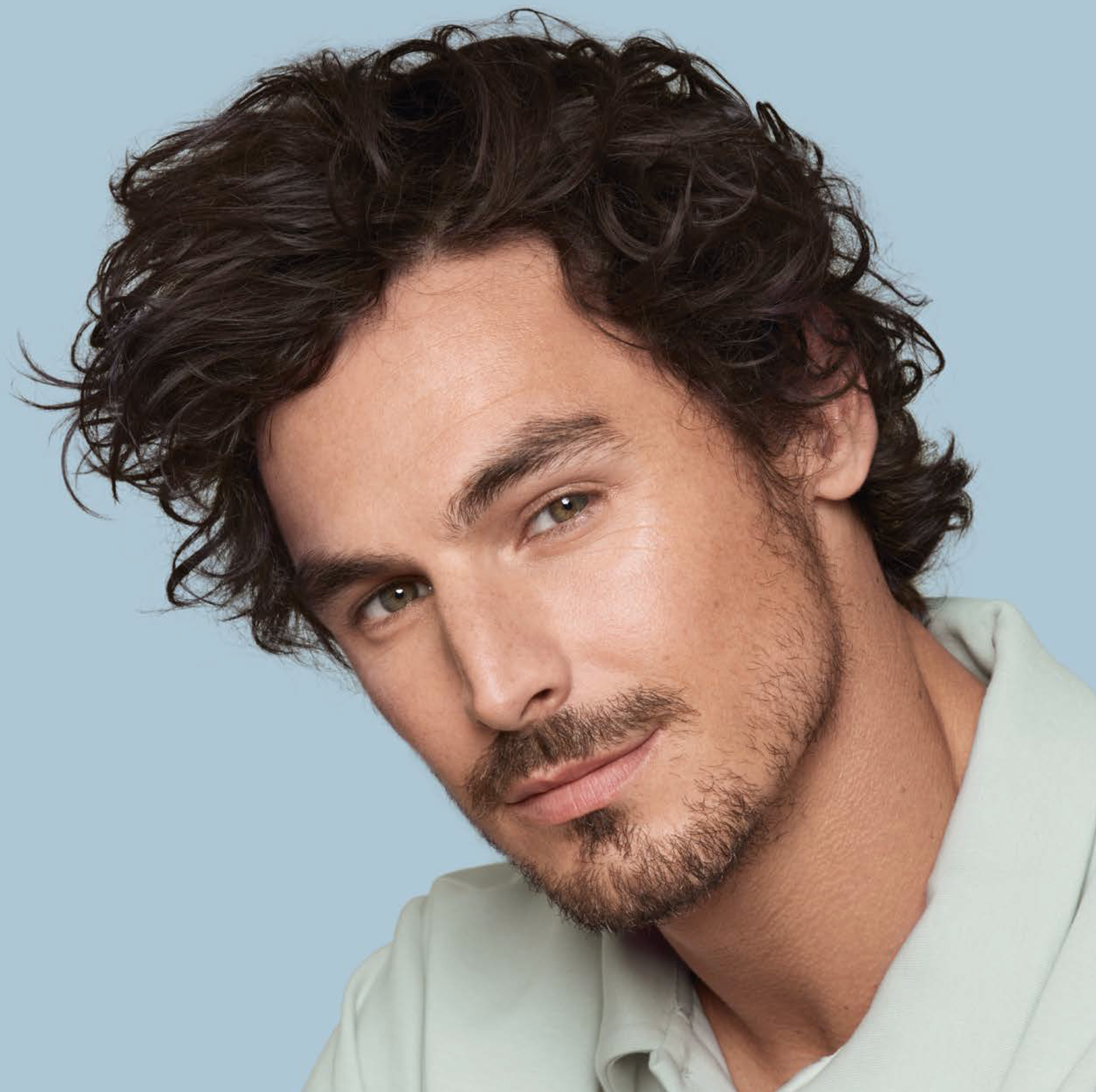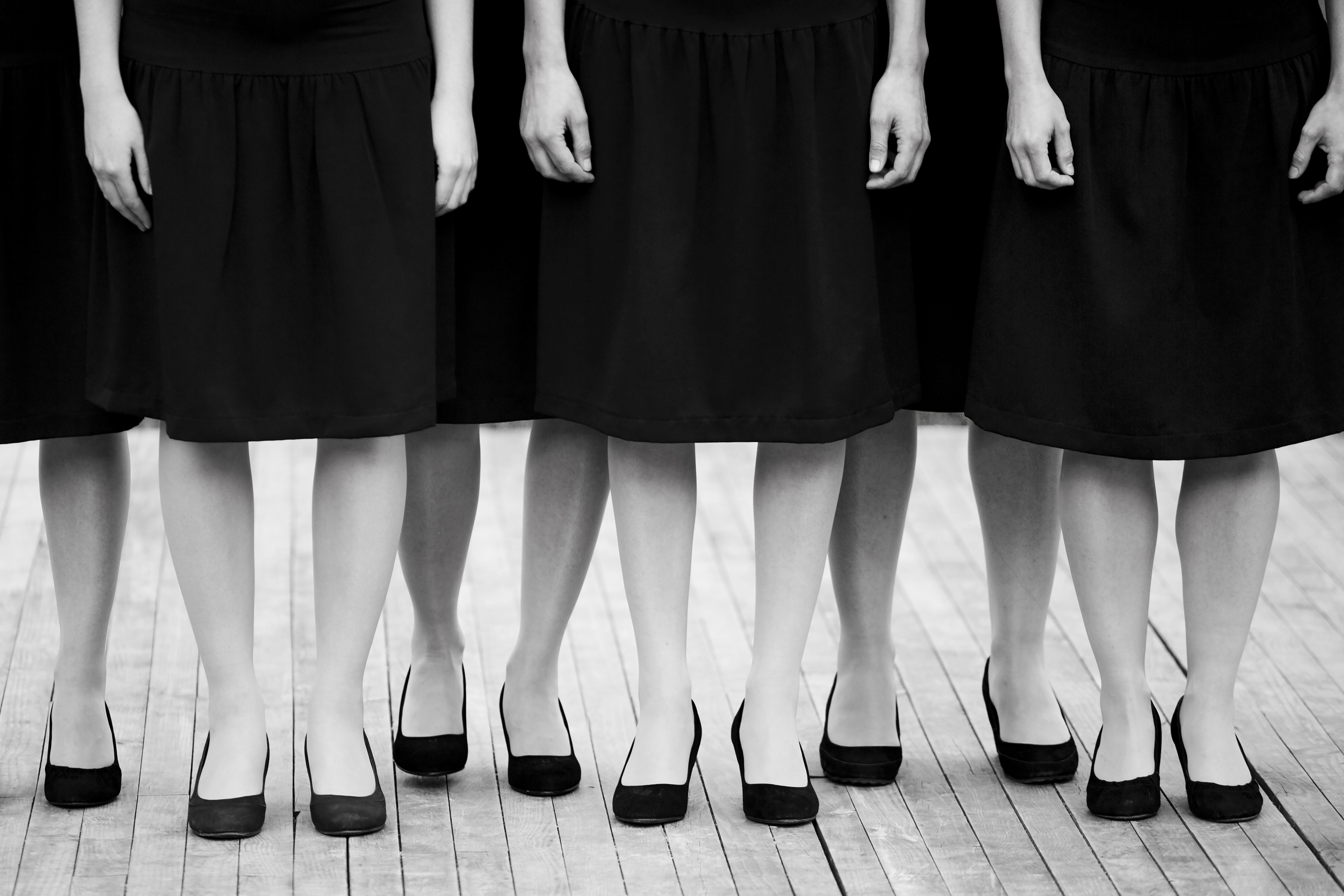By Jean-Yves Goar
”Stress at work: a health concern“ is the name of a book by doctor Patrick Légeron published by Odile Jacob. Reference publication available in several languages and regularly re-edited, it invites among other topics to take into account ‘a triple constraint: performance, time and the image we project.
JEAN-YES GOAR: Doctor Légeron, I remember you saying that it is better to manage one’s environment than have to run around after it. In a civilisation led by image and constantly raised up performance indicators, is it possible to say that it is more important than ever to put forward your best self?
DR. PATRICK LÉGERON: Our current environments subject us to a triple constraint: performance, time and the image we project. We have to accept that, but we also have to know how to take a step back from these constraints in order to manage them better. Let’s use the example of Olympic biathlon champion Martin Fourcade, who admitted before the recent Winter Olympics that winning was important to him, but that it wasn’t an “obsession”. It’s probably this rather “cool” attitude towards performance that has enabled him to win so many medals! We must cultivate the feeling that we are the master of our own environment and not let ourselves become overwhelmed. Not only is our health and our efficiency at stake, but also the “calm” image that we project.
Does the image that we project help with our self-esteem? And does it lead to a different professional experience, depending on whether it is controlled or effortless?
DR. P. L.: Of course, what we are really like and how we want others to perceive us make up a whole. Let’s start by asking ourselves a straightforward question: “What image do I want to give of myself?” Our self-esteem, i.e. our ability to love ourselves, is at stake. When our core values match our behaviour, we do not have to engage in a useless fight to “make a change”. Psychologists talk of an “ego-syntonic” attitude. Our energy is not drained and we can then fully and healthily build our professional and personal lives.

Life expectancy and the retirement age are constantly increasing and, paradoxically, large groups are raising their staffers awareness of the “senior plan” from age 40 onwards. Have you met any “old” forty-year-olds and what image do they give off?
DR. P. L.: It is important to stay young in your professional life. But this youth is not only expressed by your date of birth or physical appearance. It is, above all, in your head. Enthusiasm, curiosity, openness, and reassessing oneself are all characteristics of a young mind. These characteristics should be maintained and developed as you get older. Unfortunately, unlike in Anglo-Saxon countries, French people tend to think they cannot change.
Along with Philippe Nasse, honorary magistrate for the Court of Audits, you co-wrote a report about stress at work, commissioned by the Ministry of Labour a few years ago. Might we say that an individual under regular professional stress ages more quickly and sometimes worse if they do not care for their mental and physical state?
DR. P. L.: This has been scientifically proven. Stress is our body’s reaction whenever it perceives a threat or is faced with a challenge. This reaction releases hormones into our blood (the most well-known being adrenaline), significantly modifies our body and activates our emotions. It is a useful reaction because it switches our body into action. It’s “good” stress. But when this reaction becomes chronic, it wears out the whole body, both physically and mentally. The harmful consequences are well-known: heart problems, depression, burn-out. We must therefore reduce the sources of stress to which we are exposed, even avoid them as much as possible. Otherwise, we need to learn how to manage our stress! This is undoubtedly one of the most important skills required in today’s working world. Regularly practising relaxation or meditation techniques, developing a positive mental attitude, having a healthy lifestyle and doing regular exercise increase our resilience and resistance to stress and significantly slow down the body’s aging.
Have you got any advice for professionals who are reaching retirement age?
DR. P. L.: Our working life is a bit like a bank: we need to diversify our investments! Work, though important, is not the be-all and end-all. We need to pay plenty of attention to our personal life, especially as we get older. Did you know that France is the European country where people over-invest the most in their work, especially in high-ranking jobs? This undoubtedly explains why stress is highest in France and burn-out is so common. I’m also thinking of what Voltaire said when he was getting old: “I’ve decided to be happy, because it’s good for one’s health.”
What is your own definition of dynamism?
DR. P. L.: Etymologically-speaking, it means movement. For me, dynamism is malleability, the ability to constantly adapt to our ever-changing environments. This means not opposing change, of course, but, above all, not being inflexible. Unlike what many of our contemporaries believe, it is not the feverish agitation or sterile hyperactivity that are so often valued by our society.
Patrick Légeron 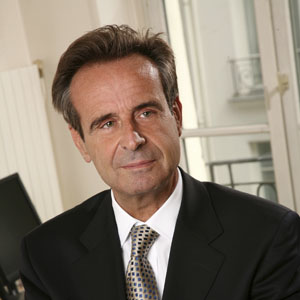
Patrick Légeron, psychiatrist at the Sainte-Anne Hospital in Paris. Founder of Stimulus, a consultancy rm for psychological health at work. Teaches at Sciences Po. Co-author of reports on “Psycho-social risks at work” for the Ministry of Labour and on “Burn-out” for the Academy of Medicine. Author of several books including “Stress at work: a health concern”.
Jean-Yves Goar 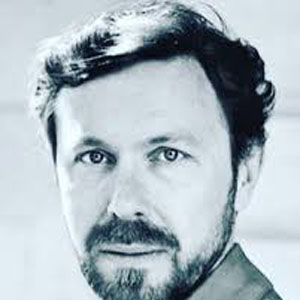
A communication coach, Jean-Yves Goar believes in the virtues of image and words, the impact of our appearance and the words it reflects. A specialist in beauty and medical aesthetics, he pays great attention to aging well and having a healthy body and mind.


